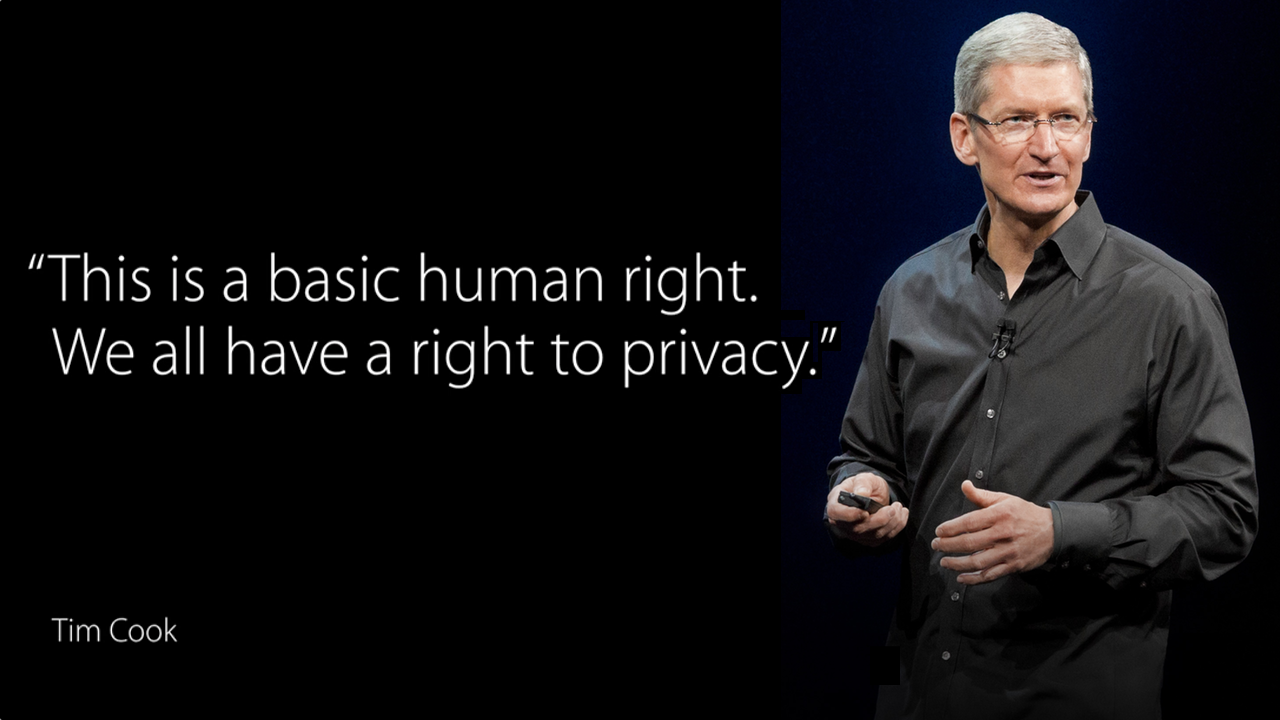It's spring here in Silicon Valley and that means it's time for the Apple World Wide Developers Conference (WWDC). This year did not disappoint with Apple making not 1, not 2, but 6 major announcements:
- tvOS, now with Amazon Prime Video
- watchOS 4, Siri and Toy Story watch faces
- Mac
- macOS High Sierra (no it wasn't a joke)
- iMac speed bumps
- MacBook / MacBook Pro speed bumps
- New iMac Pro
- iPad Pro 10.5" (and updated 12")
- iOS 11
- HomePod (Siri-powered Speaker Assistant)
These are some great announcements from Apple, but what I'm most excited about are the announcements that were behind the announcements.
Intelligent Tracking Prevention
The Safari browser will now be the only browser on the market with built-in Tracking Prevention. This isn't just enabling "Do Not Track", but a capability that will proactively prevent web sites from tracking your behavior and activities.
“Safari uses machine learning to identify trackers, segregate the cross-site scripting data, put it away so now your privacy — your browsing history — is your own [...] It’s not about blocking ads, the web behaves as it always did, but your privacy is protected," said Craig Federighi, Apple SVP - Software Engineering
You can read more about it on Apple's WebKit blog.
Messages App Synchronization
All of your iMessages (via the Messages application) will now synchronize between all of your devices. If you get a new device, it will download all of the history from the other devices. Delete a message? It will instantly be deleted across all of your other devices. This capability is supported with end-to-end encryption between all of your devices.
Upgrading to Two-Factor Authentication
There was a lot of hullabaloo that went around this week based on an email sent by Apple that stated, "If you install the iOS 11 or macOS High Sierra public betas this summer and meet the basic requirements, your Apple ID [...] will be automatically updated to use two-factor authentication. This is our most advanced, easy-to-use account security, and it’s required to use some of the latest features of iOS, macOS, and iCloud."
What does this really mean? Well, it appears it wasn't a mandate for all users to be required to utilize two-factor authentication, but it is a notice that Apple is sunsetting their old "Two-Step Authentication" in favor of a more robust two-factor authentication.
HomePod
The HomePod is Apple's foray into the intelligent home assistant. However, Apple is stepping it up a notch and ensuring their assistant also sounds great.
What you may have missed was Phil Schiller stating that the data sent from HomePod is "Anonymous, Not associated with AppleID, a Randomized identifier, Not linked to other Apple services, and Not shared with third parties." So, the searching and commands you issue cannot be tracked back to you.
Siri Synchronization
With the announcement of HomePod, Apple also slipped another announcement into that one. Siri will now synchronize learned and personal information between all of your devices, including your HomePod, all over end-to-end encrypted channels.
Conclusion
There were a lot of great announcements at WWDC 2017. I actually believe I'm going to get a new iPad Pro 12" and take a serious run at replacing a laptop with it, due mainly to the vast array of improvements that iOS 11 will bring to the iPad (Multitasking, better Control panel, Drag and Drop, to name a few).
However, I'm moving to all-Apple technologies as quickly as I can: HomeKit, HealthKit, HomePod, iCloud, etc. I value my privacy, more every day. Privacy is something that when given away, cannot be recovered easily (if at all).
Apple, from all appearances, values my privacy more than its competitors (Google and Amazon). So, when the HomePod is available, I'm replacing my Echo. It's a small step, but it is one I feel strongly about.
Update 2017-06-17: I forgot one!
Location Services
Apple, under iOS 11, will finally give full control of Location Services to the device owner. Currently, you can disable or enable Location Services on an individual application basis, which is good, but the application itself determines HOW they are used: Always allow, Allow when application is running, Never. With iOS 11 you will be now able to determine not only whether or not an application may use Location Services, but also if they can always have access or if that access is only granted while the application is running. Uber famously got caught leveraging Location Services even after the application was quit, because they only offered users the ability to allow "Always" or "Never", they did not provide the choice for "Only when application is running", which under iOS 11 they would have been prevented from doing.
